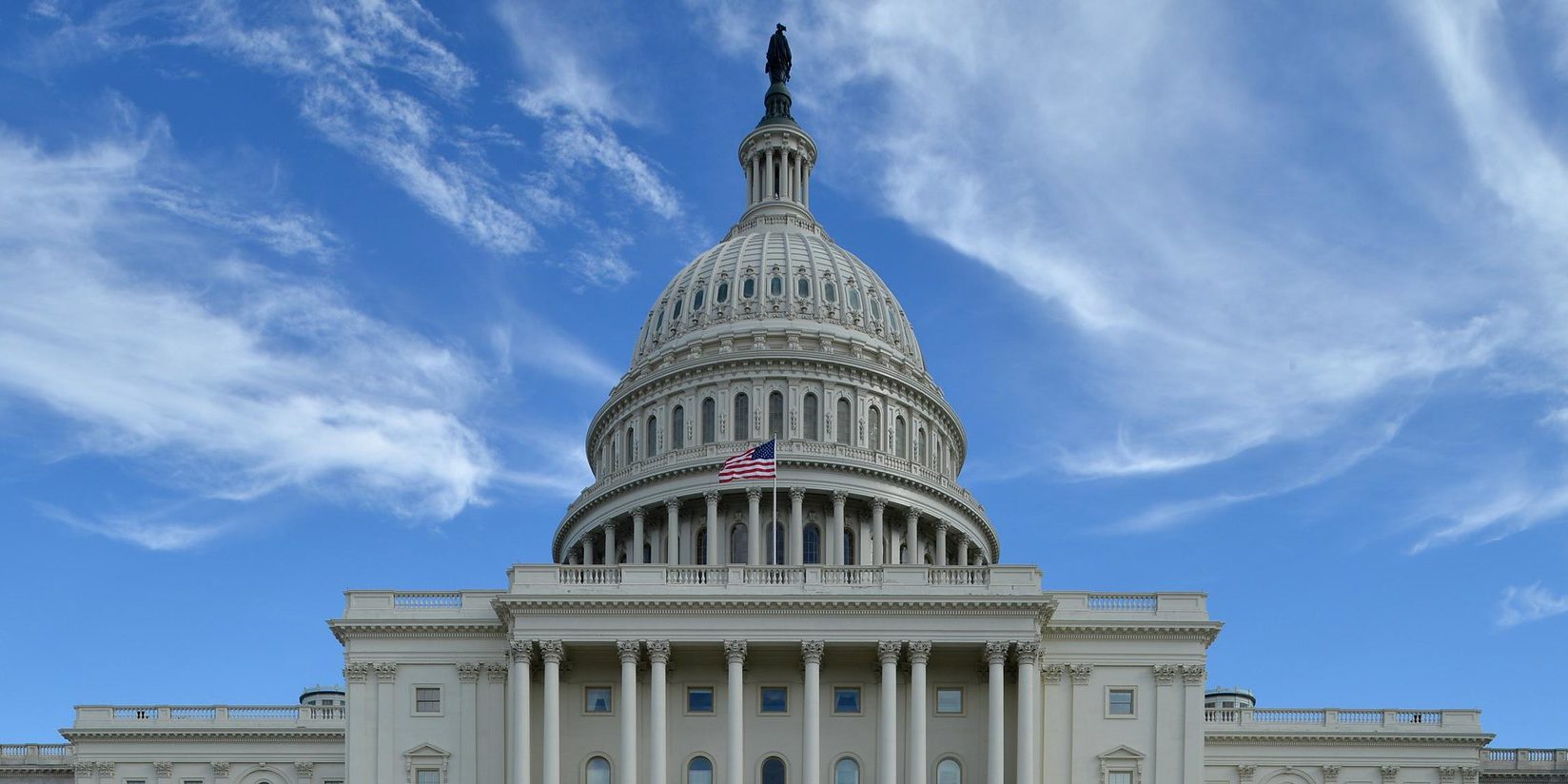WASHINGTON — Energy industry leaders urged the U.S. Senate Energy and Natural Resources Committee on Tuesday to deem their workers essential and consider federal investments to prevent a potentially crashing domino effect.
The committee expressed interest in revisiting the American Energy Innovation Act, which would fund domestic production and innovation in clean-energy technologies.
The bill has been stalled since Sen. John Barrasso (R-WY)—the incoming chair of the committee—expressed reservations about a proposed amendment that Sens. John Kennedy (R-LA) and Tom Carper (D-DE) introduced earlier this year to phase out the use of hydrofluorocarbons, a type of refrigerant used in air conditioners and refrigerators.
The coronavirus pandemic, however, reignited a sense of urgency to pass this bill as energy industries face financial problems and energy production decreases.
“The conditions created by COVID-19 present substantial business and operational challenges in the oil and gas industry,” Frank Macchiarola, senior vice president of policy with the American Petroleum Institute, told the committee.
In February, more than 35 percent of Colorado’s net electricity generation came from natural gas and more than 25 percent from renewable energy sources, according to the US Energy Information Administration.
“The clean energy industry provides critical and an ever-growing number of jobs; modernizing our energy source will protect our communities from pollutants that exacerbate respiratory and other health conditions,” Anna McDevitt, senior campaign representative for the Sierra Club’s Beyond Coal Campaign in Colorado, told the Colorado Times Recorder.
Notably, Sen. Cory Gardner (R-CO), who sites on Senate Energy and Natural Resources Committee, was absent from the hearing, and his office did not respond to a request for comment on whether he supports the American Energy Innovation Act.
It remains uncertain how this bill would address the projected job losses in Colorado’s clean energy sector.
In Colorado, clean energy jobs have decreased by 11.2 percent in the past three months alone.
McDevitt argued that any plans to rebuild the economy after COVID-19 must include investments in “sustainable, modern energy infrastructure, specifically renewable energy.”
“For Colorado, these jobs are also critical for us to meet the new greenhouse reduction goals that were passed by the 2019 Legislature to protect our state’s air and iconic environment,” McDevitt said.
The International Energy Agency plans to release a report Thursday on the global impacts of coronavirus on the energy industry, and what governments around the world can do to ensure sustainable recovery support for businesses that have been affected.
“Just as our country was weakened by our lack of domestic medical equipment production, in the energy sector, it was weakened by insufficient domestic manufacturing of critical energy components,” Sen. Joe Manchin (D-WV), the committee’s top Democrat, said during the hearing.




